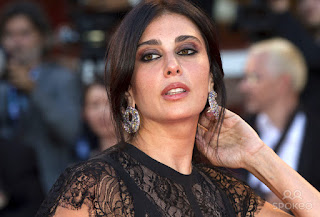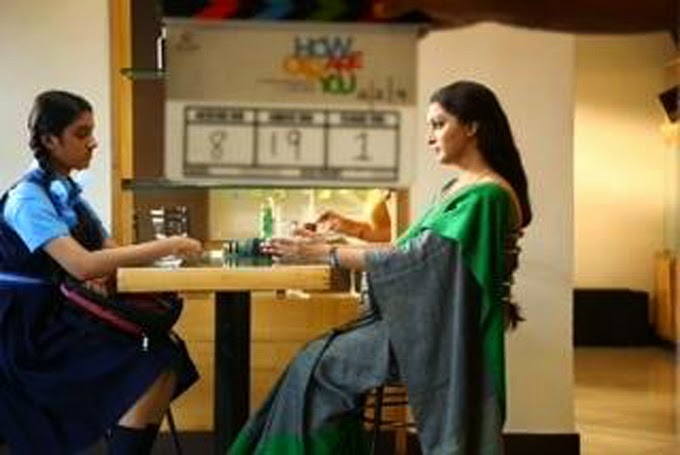The contrasts and the ironies are
stark! The lead character in the film is played by Salman Khan who is a Muslim.
But in the film he is a hardcore Hanumaan bhakt
(devotee). The farcical irony is that he has to bow whenever he sees a monkey.
However, when raised a question if Lord Hanuman would be efficacious even in
Pakistan, he is confused and fumbles for an answer.
Director: Kabir Khan
Film Clip
Salman Khan has done a credit to
himself and his immense talent by taking a break from his regular irrational
masala potboilers and giving a veritable performance in Bajrangi Bhaijaan. The film is more than just another theme in
Indo-Pak conflicts of identities. In and through a sincere and devout Hindu devotee
of Lord Hanuman on a voyage to reach a mute Muslim girl to her parents in
Pakistan, the director sends a strong message that humanism has no religion and
nation.
In Bhajrangi Bhaijaan, in the final analysis everything falls in right
place adding to the success of the film. The little Harshaali Malhotra as Munni
(Shahida) is not just innocent looking, her expressions evoke tenderness and
sympathy. The all-pervading humour and irony in most situations of struggles of
people compromising hardcore religiosity with borrowed nationalism perhaps
would help the audience to relate to their own struggles to find reconcile man-made
structures with natural instincts to reach out to humanity. In the end, though,
BB is a film about losing one’s structured
identities and reaching out to people in dire need, letting love overpower hatred
and egotism.
Well, certain elements in the
film, especially dramatic developments typical of a Bollywood commercial, may
look out of place in a well-crafted humanistic rendering. But, the film as a
whole does work in conveying powerful messages. And patronising animosity is
definitely not one of them! Nawazuddin Siddiqui, as always, adds weight to the
film through his inimical performance. Full marks to Kabir Khan, the director.
Not to forget, the music and situational songs elevate the theme.



















































